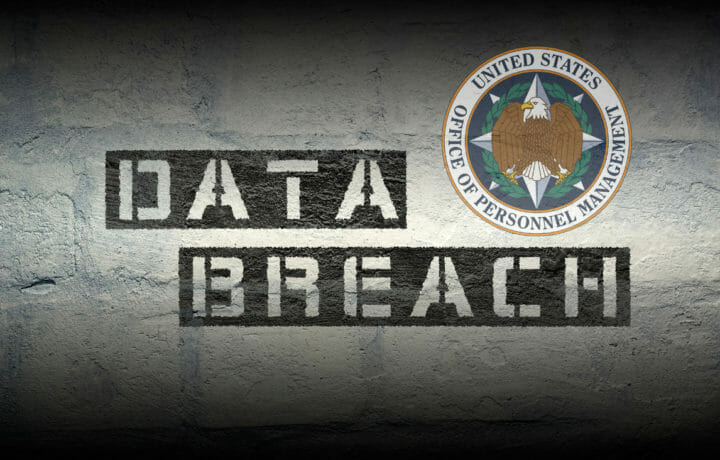The Office of Personnel Management Data breach compromised the personal information of more than 20 million people who had applied for a security clearance. This summer’s announcement of a settlement for individuals affected by the OPM data breach prompted initial excitement for many security clearance holders. But beyond the headlines of a $700 minimum payout we see the reality – very few individuals will be getting any dollars.
“A lot of people here class action settlement and the dollar sign start showing, but the reality is that most class action lawsuits…look great on first blush, you look at it and say okay, how much cash am I going to get and then you get the check and it’s like four cents and the excitement wears off,” said Sean Bigley, security clearance attorney.
“You get into the fine print and you realize it’s not really a windfall, it’s not just a blanket award of cash, it’s compensation for actual damages and you really have to show that you incurred some specific costs,” Bigley continues.
There are several stipulations that have to be met before individuals affected by the OPM breach will see any money from the settlement – and that includes tangible loss of time or money related to the breach. That may include individuals who opted to purchase their own credit monitoring services (beyond what was offered for free by the government), or individuals who had some form of identity theft or took time off to remediate an affect of identity theft. Individuals have to apply for any compensation, and prove their request fits those stipulations.
“You have to still be able to document that,” said Bigley. Without documentation behind your request, it’s unlikely you’ll get any cash.
What Can Clearance Holders Do
You likely can’t get any cash from the settlement – but you can help to protect your credit against inevitable future data breaches (beyond OPM, whether it’s Target or Equifax, it’s not if information is compromised, but often when). Bigley says there is one simple step he advises anyone to take: “Put a security freeze on your credit reports…do that proactively.”
Continuous vetting can still track your financial records as necessary even with a security hold in place – so you’re not doing any harm to your clearance eligibility – and you may be saving yourself from a future financial headache.
This article is intended as general information only and should not be construed as legal advice. Although the information is believed to be accurate as of the publication date, no guarantee or warranty is offered or implied. Laws and government policies are subject to change, and the information provided herein may not provide a complete or current analysis of the topic or other pertinent considerations. Consult an attorney regarding your specific situation.




